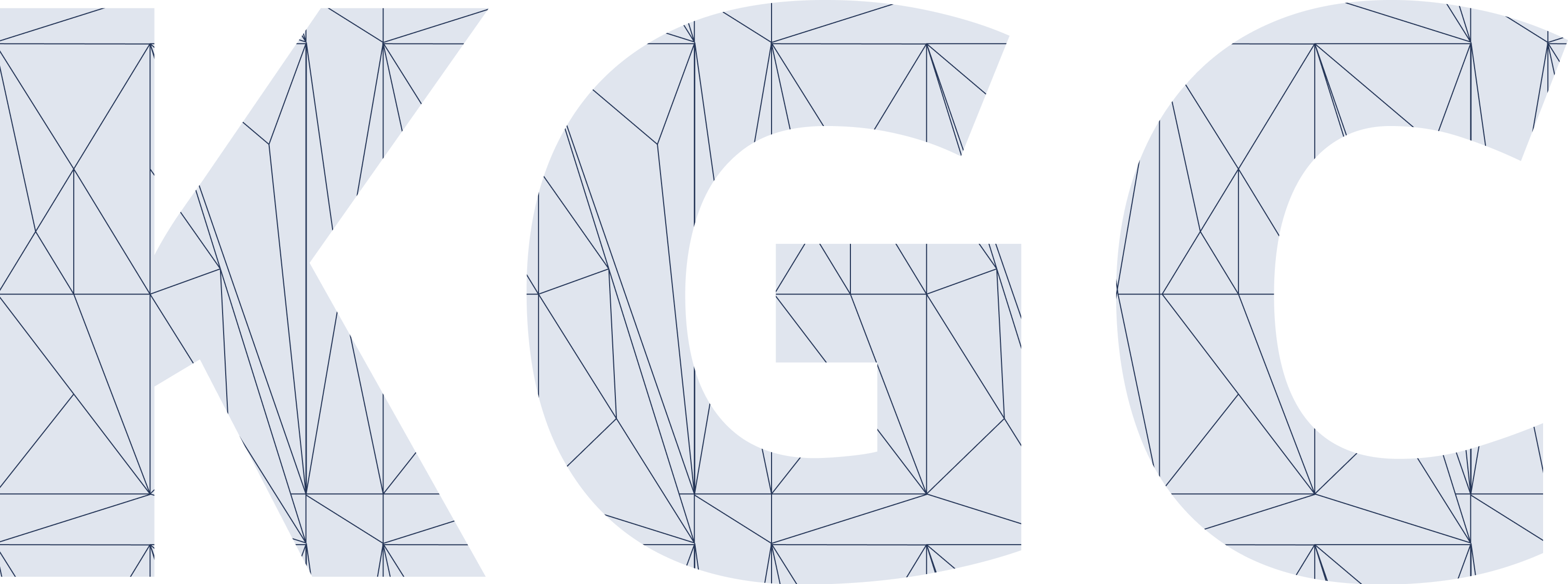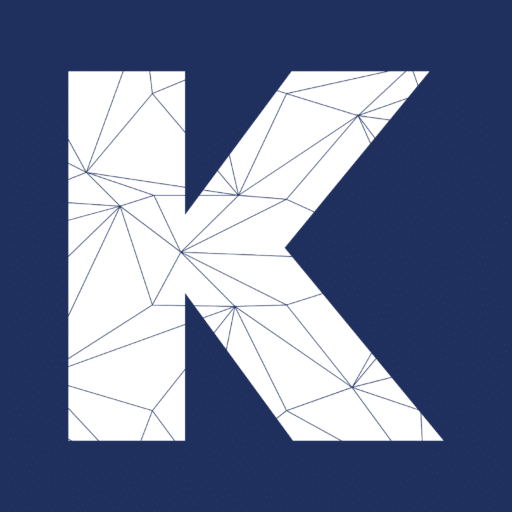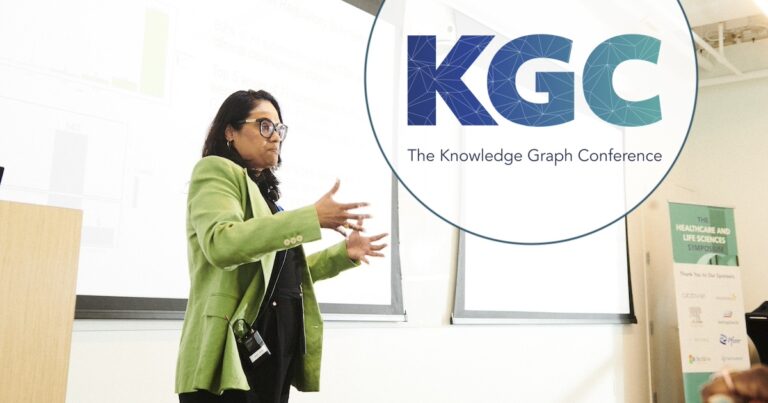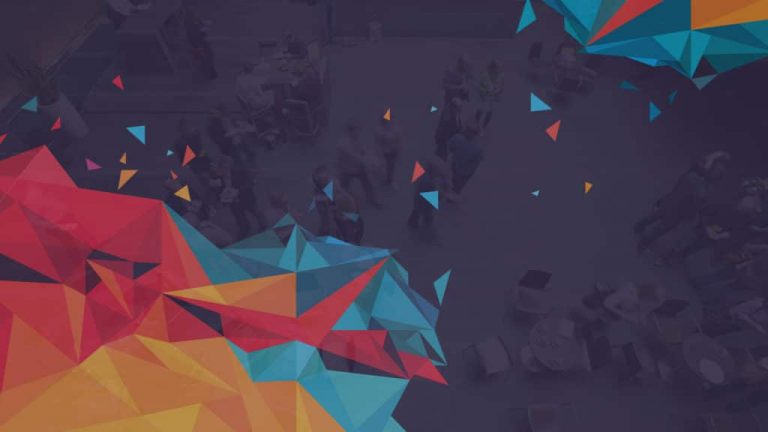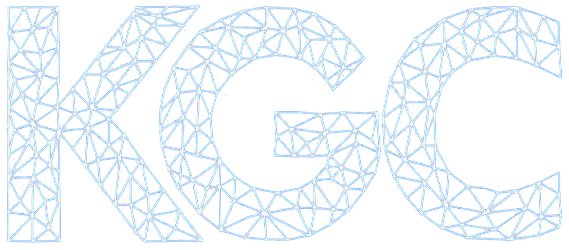5 Questions with Matthias Sesboüé
Tell us about yourself.
I’m French, and I’ve just finished a Master’s degree in computer engineering studies with a major in machine learning.
What are you working on?
I start a Ph.D. in October 2020, with a company called TraceParts. They offer 3D models of various industrial equipment parts on their website, where suppliers list their catalogs. I’ll be working on the search engine part of this website, building a recommender system powered by a knowledge graph. I am the only person with a KG focus there now. Previously I interned with Mr. McComb at Semantic Arts. I am a big fan of his data-centric vision. So I’m very excited about the opportunity to help an actual company become more data-centric and experiment with real data and at scale. So far, I’ve been only on the theoretical side, reading papers, implementing very small-scale modeling projects. Right now, it’s the beginning, so I am reading up on related state of the art technologies.
How did you become involved in KGs?
I love traveling, so I did one of my required summer internships in India, where I worked on a project that was using the W3C semantic stack, so RDF, SPARQL. So I just learned by myself about all of that. It was the graph side that really caught my interest.
Back at the university, I took a class about the semantic web. The next summer, Mr. McComb offered me an internship at Semantic Arts. There, I worked on a minimal upper ontology. This framework gathers the abstract concepts about a subject and models them. The topic of this upper ontology was accounting for companies. I was learning about companies’ accounting principles — like accounts received, accounts billable — and applying the model with a yoga event booking website. As they say at SA, I was eating my own dog food.
After this internship, I went to Lava University in Quebec, taking an advanced database class, which covered the NoSQL databases, such as Neo4j, MongoDB, and Elasticsearch, making them work together. I also had an NLP class, which was helpful for my next internship.
Thanks to a recommendation from Mr. McComb, Mr. Hills, the founder of WrangleWorks, offered me a six-month internship at his company in Austin, Texas. There I studyied semantic approaches to the problem of ontology matching. Wrangleworks is an excellent startup with a fantastic team and vision. They offer data wrangling as a service, helping companies to make the most out of their data. Wrangleworks’ goal is to save data scientists from spending 80% of their time on data wrangling so they can focus on the analytics adding their domain expertise. There, I was trying to find similar projects between product catalogs. I experimented with a semantic approach that I read about in a paper. The core idea was to refine pre-trained word vectors, so they fit the specific domain, then use the new set of refined word vectors to represent products and perform some similarity measure.
What makes KGs interesting?
Everything in the name! Firstly, it’s “graphs,” and that’s awesome–and then you add “knowledge,” which is what everything is about. I’ve actually only worked with graphs (never worked with relational databases). It’s a pretty natural way to represent knowledge, allowing us to do all kinds of crazy things. You can embed anything in a graph. Everything can be represented by a graph. The idea that you can put this in a machine so the machine can “understand” the data and make inferences, well, that’s pretty awesome! When I speak with non-technical people, I can tell in their head AI is like magic. Still, I am very curious about what it actually is, what is going on behind the scenes. When you dive into it, there are so many things. What I love most, though, which I discovered at Semantic Arts, is that knowledge graphs intersect with many other disciplines. When you want to develop the actual ontology to implement, you need computer science skills. Still, many have PhDs in literature at Semantic Arts. I really like working with people trained in different disciplines who think entirely differently. School is excellent but teaches you to think just in one way. You have to remain aware that what you learn is not the only way of thinking. When you can consider and understand how the other sees something, you can start to do fascinating stuff.
What’s something about you that others may not know?
I never planned to do a Ph.D. In high school, I was very much an athlete, and after school, my parents sat me down and told me, you have to go on to college because you have the capacity to do that. I thought I was going to do some kind of sports career. I went to university, but I started in a sports program, which takes an extra year to finish, leaving sports time. But then I found something that intrigued me, and now here I am. Sport is great, but I am very excited to work in semantics now.
